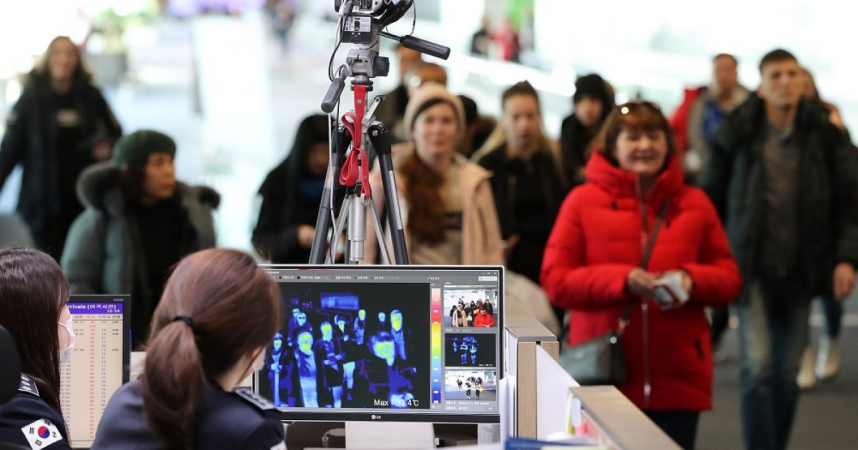
South Korea is rolling out an electronic travel authorization (ETA) system for foreign visitors for the first time starting in September, as the forces of the Covid-19 pandemic pave the way for a policy previously opposed by the country’s tourism industry.
The Justice Ministry said the system will be a long-term way to preventively prevent any contagious disease, as well as limit the number of undocumented immigrants, which had increased in the years before the pandemic.
Most visa waivers were suspended as the pandemic worsened in April 2020.
When border controls are eased, the ETA system will be implemented to help prevent infectious diseases from entering the country by requiring travelers to share their previous two weeks of travel history, Justice Minister Park Beom-kye told Reuters, in an interview.
It will also allow for a swift entry ban into a certain country if a contagious outbreak occurs, Park said.
A pilot program has been in place since May, and the full system will be rolled out on September 1. South Korea will be the fifth country to adopt an ETA, an automated system used to identify in advance the eligibility of visitors to enter the country. No visa, Park said.
The system will help dramatically reduce processing and customs times for travelers and make it much more convenient, he added. Before traveling, visitors will need to complete an online application and pay a fee of 10,000 won (RM36.60). An ETA will be valid for two years with multiple entries.
The ETA implementation also comes amid a surge in the number of undocumented immigrants from countries with visa exemptions that rose to 207,000 in 2019 from 82,000 in 2016, according to ministry data.
Under the current visa waiver program, 112 countries were originally eligible for the ETA.
The ETA will initially start with visitors from 49 countries, including the United States, the United Kingdom, France, and Spain. – Reuters